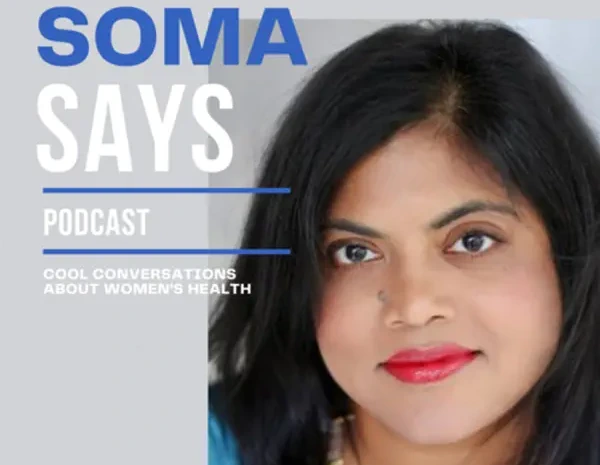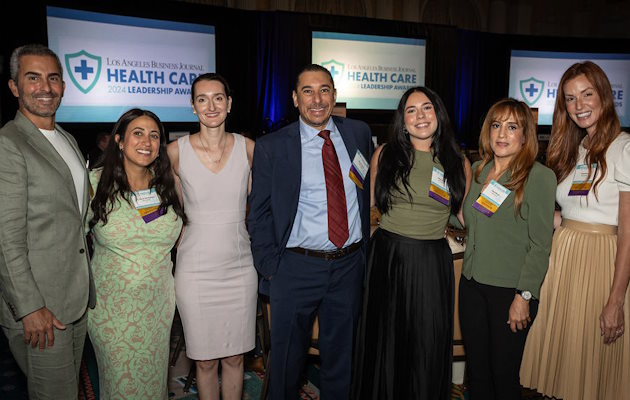
Clean Beauty is More Than Skin-Deep by HRC Fertility’s Dr. Alison Peck

HRC Fertility Celebrating Employee Excellence – Nicole Allen

Dr. Sahar Wertheimer Recently Interviewed for Soma Says Podcast

Dr. John Norian Discusses Uterine Fibroids and Fertility with the Stork Club

Dr. Mickey Coffler and Dr. Michael Wittenberger Featured in San Diego Magazine

HRC Fertility attends the 2024 WLALA Awards and Installation Dinner




